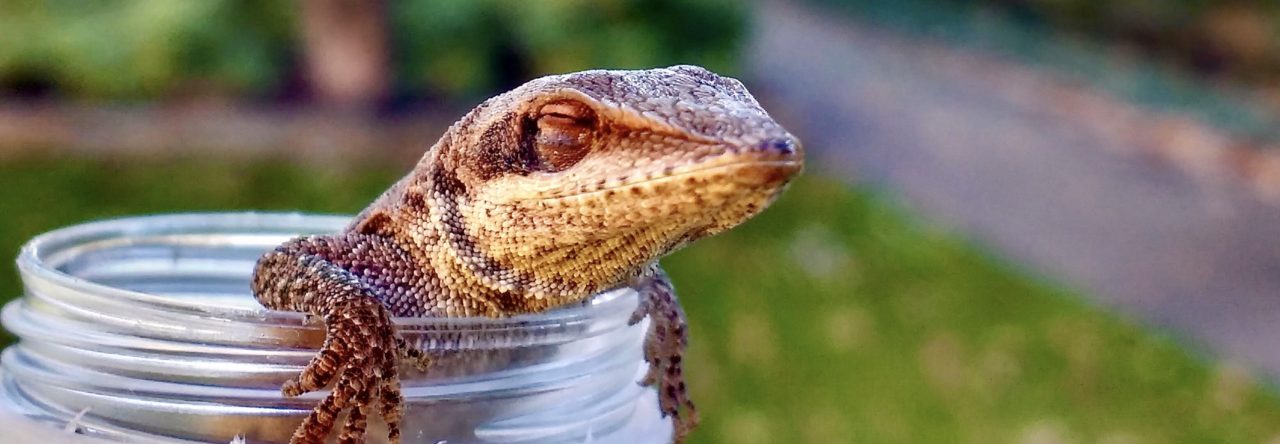New literature alert!
Aspects of global change create stressful thermal environments that threaten biodiversity. Oviparous, non‐avian reptiles have received considerable attention because eggs are left to develop under prevailing conditions, leaving developing embryos vulnerable to increases in temperature. Though many studies assess embryo responses to long‐term (i.e., chronic), constant incubation temperatures, few assess responses to acute exposures which are more relevant for many species. We subjected brown anole (Anolis sagrei) eggs to heat shocks, thermal ramps, and extreme diurnal fluctuations to determine the lethal temperature of embryos, measure the thermal sensitivity of embryo heart rate and metabolism, and quantify the effects of sublethal but stressful temperatures on development and hatchling phenotypes and survival. Most embryos died at heat shocks of 45°C or 46°C, which is ~12°C warmer than the highest constant temperatures suitable for successful development. Heart rate and O2 consumption increased with temperature; however, as embryos approached the lethal temperature, heart rate and CO2 production continued rising while O2 consumption plateaued. These data indicate a mismatch between oxygen supply and demand at high temperatures. Exposure to extreme, diurnal fluctuations depressed embryo developmental rates and heart rates, and resulted in hatchlings with smaller body size, reduced growth rates, and lower survival in the laboratory. Thus, even brief exposure to extreme temperatures can have important effects on embryo development, and our study highlights the role of both immediate and cumulative effects of high temperatures on egg survival. Such effects must be considered to predict how populations will respond to global change.
- Puerto Rico Herpetology Symposium - September 21, 2023
- Anole Symposium This Fall? - July 14, 2023
- Parallel Urban Adaptation from Phenotype to Genotype in Anolis Lizards - January 20, 2023


Leave a Reply